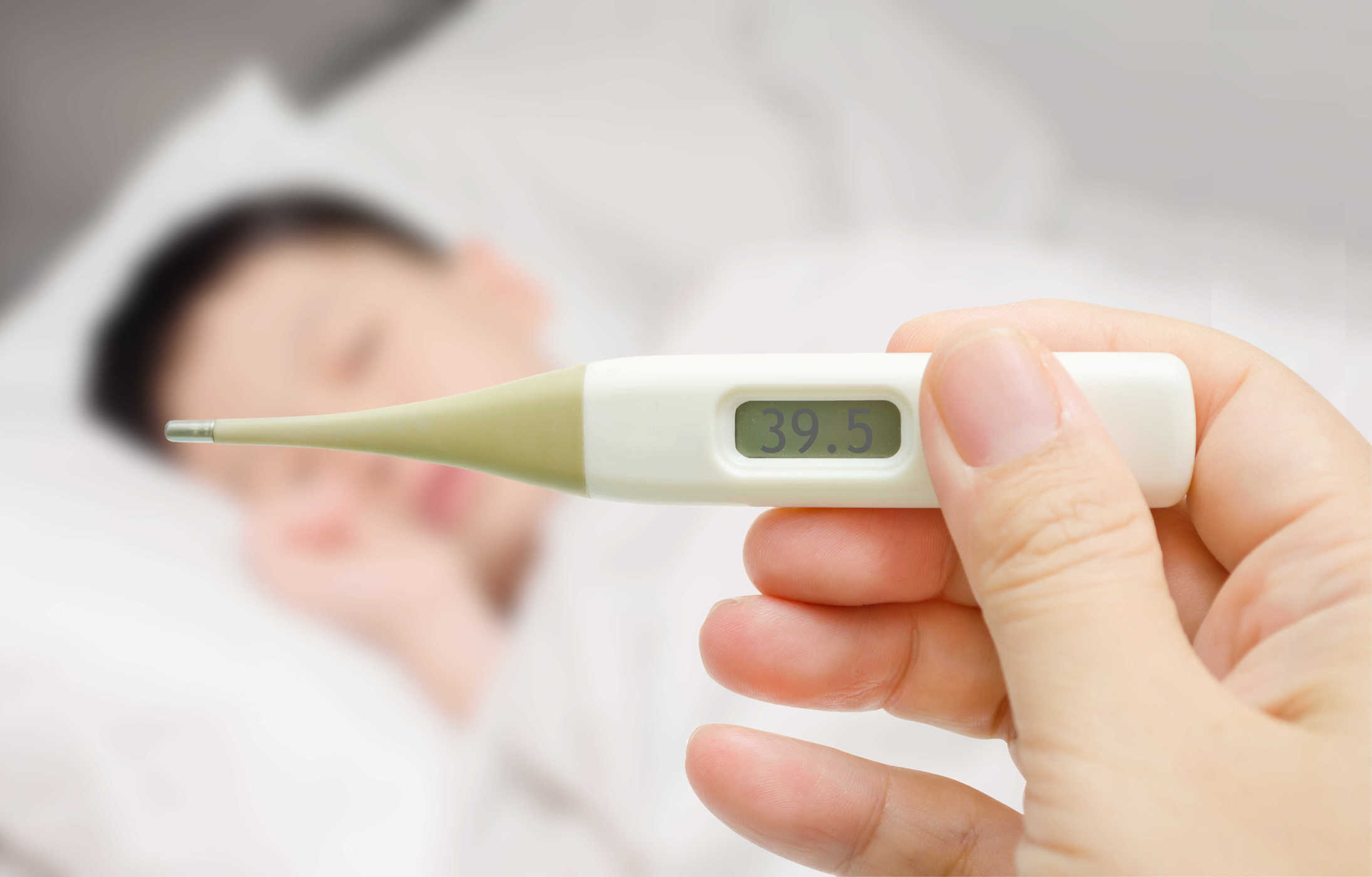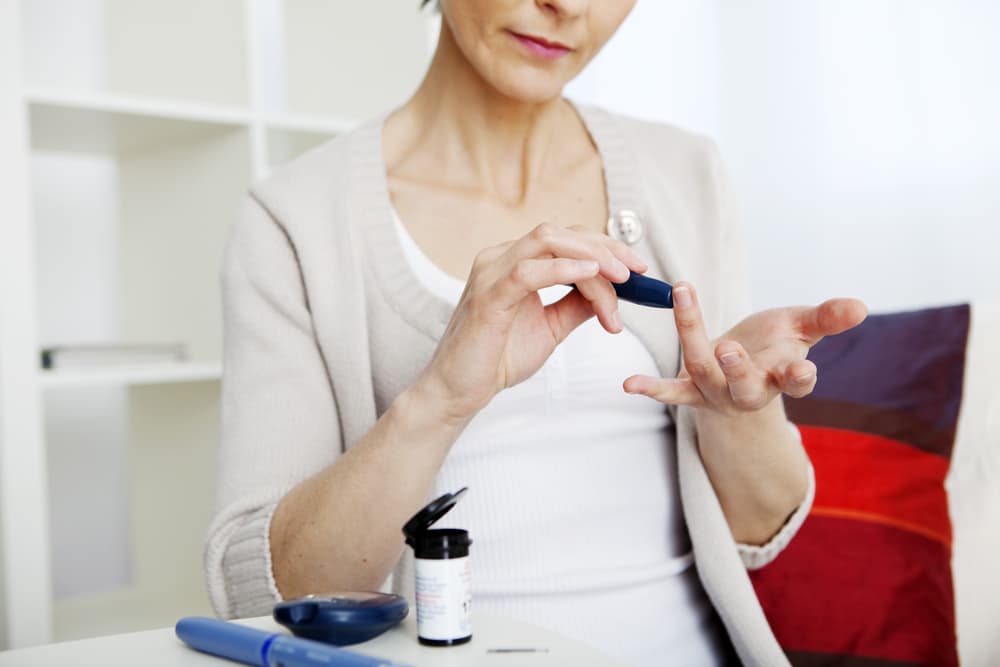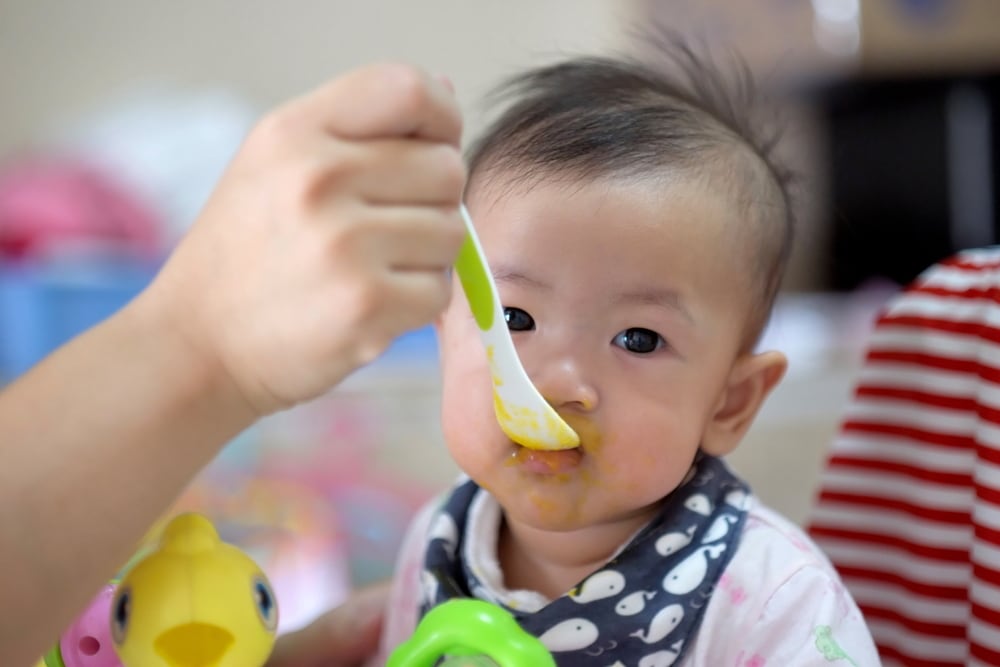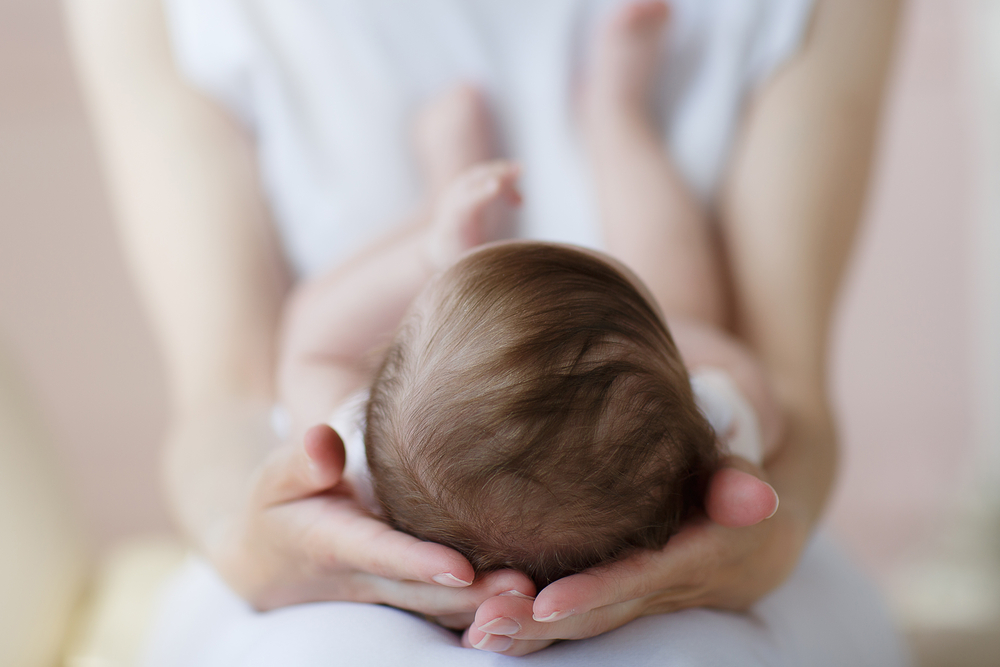Contents:
- Medical Video: How To Treat A Fever In Adults | How To Get Rid Of A Fever In Children | Bring Down A Fever In Baby
- Danger of high fever if left unchecked
- Apart from body temperature, what are the symptoms of high fever?
- How to deal with high fever at home
- Overcoming high fever in infants and toddlers
- Overcoming high fever in children and adolescents
- Overcoming high fever in adults
- Contact your doctor immediately if the fever is very high
Medical Video: How To Treat A Fever In Adults | How To Get Rid Of A Fever In Children | Bring Down A Fever In Baby
Fever is a disease commonly experienced by many people. But in fact, fever is not something bad for our body. Because, like the report written on Harvard Health Publication, fever indicates our body is working against infection. But that does not mean we can ignore it. Relief measures must still be taken to deal with high fever.
Danger of high fever if left unchecked
When you have a fever, your body temperature will increase at a temperature of 38 degrees Celsius or higher. Dr. Miriam Stoppard, member of the Royal College of Physicians, London on her website MiriamStoppard.com, said, even though fever is a good sign to know certain health conditions, don't let the temperature rise too high. Especially for children, high temperatures will cause discomfort and irritation.
"In infants and toddlers, high-temperature fever raises the risk of seizures. That's why it's important to keep body temperature normal, "Dr. Miriam.
Still said Dr. Miriam, a normal person's body temperature is 36-37 degrees Celsius. But if we have a fever and the temperature reaches 38 degrees Celsius or more, Dr. Miriam said that this is not necessarily a sign of serious illness.
The fever itself is caused by infections, such as flu, pneumonia, food poisoning, and gastrointestinal infections. Fever can also be caused by other conditions of diseases that cause inflammation, such as rheumatoid arthritis, reactions to drugs or vaccines, and even certain types of cancer.
Apart from body temperature, what are the symptoms of high fever?
Someone who has a fever also usually feels some other body conditions, namely:
- Sweating
- Shivering
- Headache
- Muscleache
- Loss of appetite
- Feeling restless
- Feeling weak
People who have high or very high fever, will feel:
- Confusion
- Severe sleepiness
- Easy to get angry
- Convulsions
How to deal with high fever at home
When a person has a fever, actions to deal with it will vary, depending on the age group, as reported by MayoClinic.
Overcoming high fever in infants and toddlers
- Babies 0-3 months with a fever of 38 degrees Celsius or higher:Call your doctor, even if your child has no other symptoms or signs.
- Infants 3-6 months with fever up to 38.9 degrees Celsius: Leave it children rest and drink lots of water. Medicine is not needed. Call your doctor if your child seems to have unusual irritation, lethargy, or feels uncomfortable.
- Infants 3-6 months with fever above 38.9 degrees Celsius: Contact a doctor, he can recommend tests and examinations for your child.
- Infants 6-24 months with fever above 38.9 degrees Celsius: Give your child acetaminophen. If your child is 6 months or older, giving ibuprofen is fine, but first read it properly for the right dose. Don't give aspirin to babies or toddlers. Call the doctor if the fever does not go down after being given the drug, or if it has not dropped too after more than 1 day.
Overcoming high fever in children and adolescents
- Children aged 2-17 years with fever up to 38.9 degrees Celsius:Encourage your child to rest and drink plenty of fluids. Medicine is not needed. Contact your doctor if your child looks more fussy than usual, lethargic, or complains of feeling uncomfortable.
- Children aged 2-17 years with fever above 38.9 degrees Celsius: If your child looks uncomfortable, give your child acetaminophen or ibuprofen. Read the packaging label properly for the right dose, and be careful not to give your child more than one drug that contains acetaminophen, such as some cough and cold medicines. Avoid aspirin use in children or adolescents. Call your doctor if the fever does not go down due to medication or prolonged for more than 3 days.
Overcoming high fever in adults
- 18 years and over with fever up to 38.9 degrees Celsius: Rest and drink lots of fluids. Medicine is not needed. Call your doctor if a fever is accompanied by severe headaches, stiff neck, shortness of breath, or other unusual signs or symptoms.
- 18 years and over with fever above 38.9 degrees Celsius:If you feel uncomfortable, use acetaminophen, ibuprofen, or aspirin. Read the packaging label properly for the right dosage, and be careful not to use more than one drug containing acetaminophen, such as cough and cold medicines. Contact your doctor if the fever does not go down, the temperature reaches 39.4 degrees or more, or prolonged for more than 3 days.
Contact your doctor immediately if the fever is very high
If your fever or your child reaches 40 degrees Celsius or more, it means you should contact a doctor immediately. Especially if the high fever is accompanied by the following symptoms:
- Convulsions
- Loss of consciousness
- Confusion
- Stiff neck
- Difficulty breathing
- Severe pain throughout the body
- Swelling or inflammation in many parts of the body
- The vagina smells bad
- Pain when urinating or urine smells bad
If your child has a high fever, avoid mwake up your child to check his body temperature with a thermometer. Sleep is more important for him so that his fever quickly drops.
READ ALSO:
- 7 natural flu-fighting ingredients available at home
- What is rheumatic fever?
- 6 mistakes to put a child to sleep that are often done by parents












